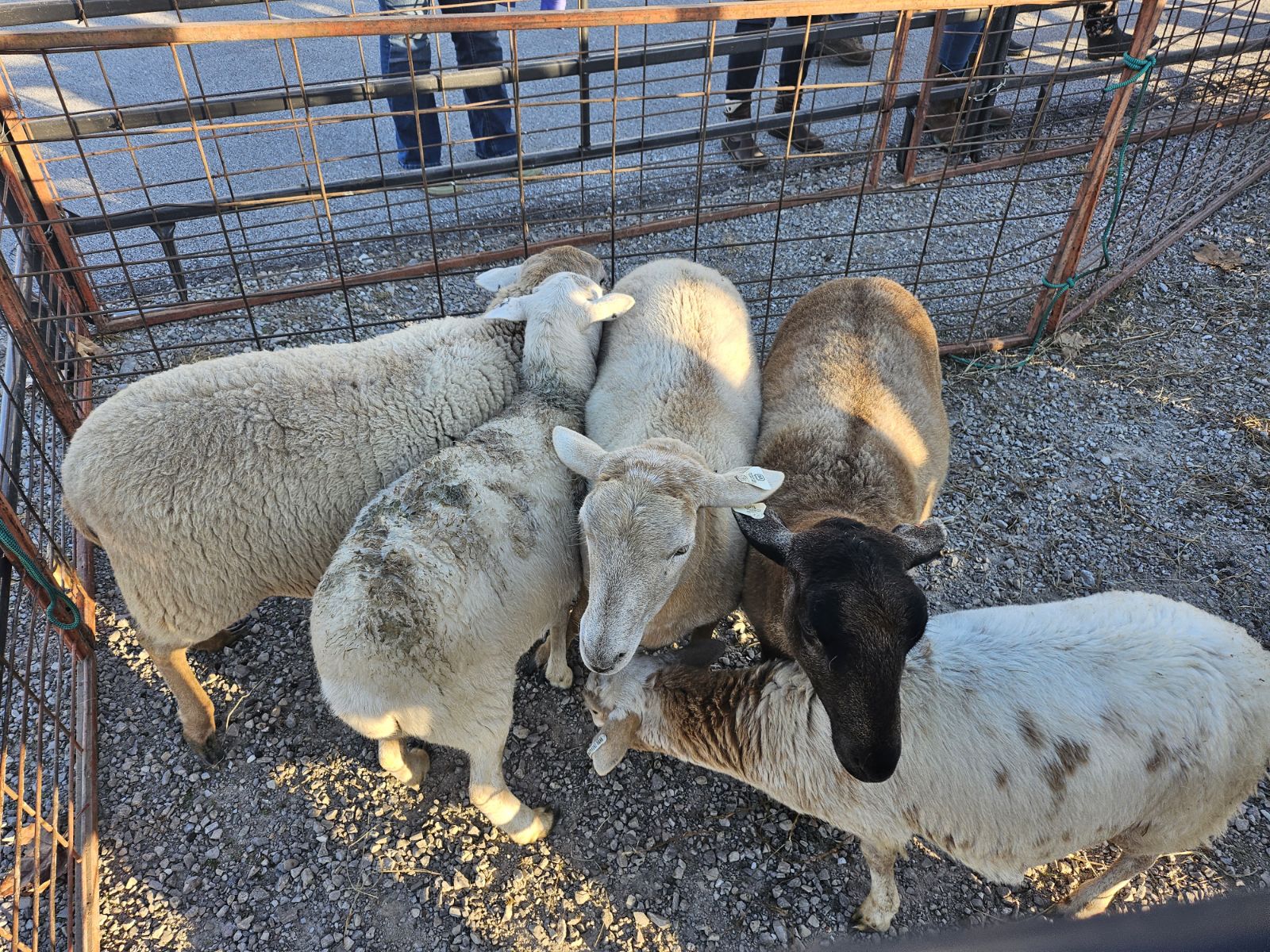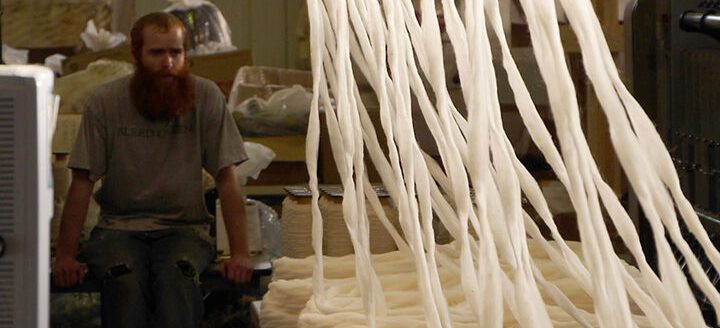Mizzou offers biosecurity guide for sheep

Biosecurity practices on sheep farms can prevent diseases from spreading among the animals and to workers, said University of Missouri Extension livestock specialist David Brown.
A new MU Extension publication, “Guidelines for Implementing On-Farm Biosecurity Measures for Sheep,” notes that biosecurity should not be confined just to large operations but is vital for flocks of all sizes. The publication is available free at https://extension.missouri.edu/publications/g2620. All new animals arriving on the farm should be isolated for at least 30 days before being mixed with other animals or allowed to graze with the existing flock, according to the publication.
It highlights that newly purchased sheep may carry parasite burdens different from those of the existing flock, and isolation provides an opportunity for deworming, if needed, before introducing them to the main flock. During the isolation period, producers should monitor the animals for any signs of ill health, according to the publication. Limiting farm access to essential visitors also reduces the risk of introducing diseases to the sheep farm.


